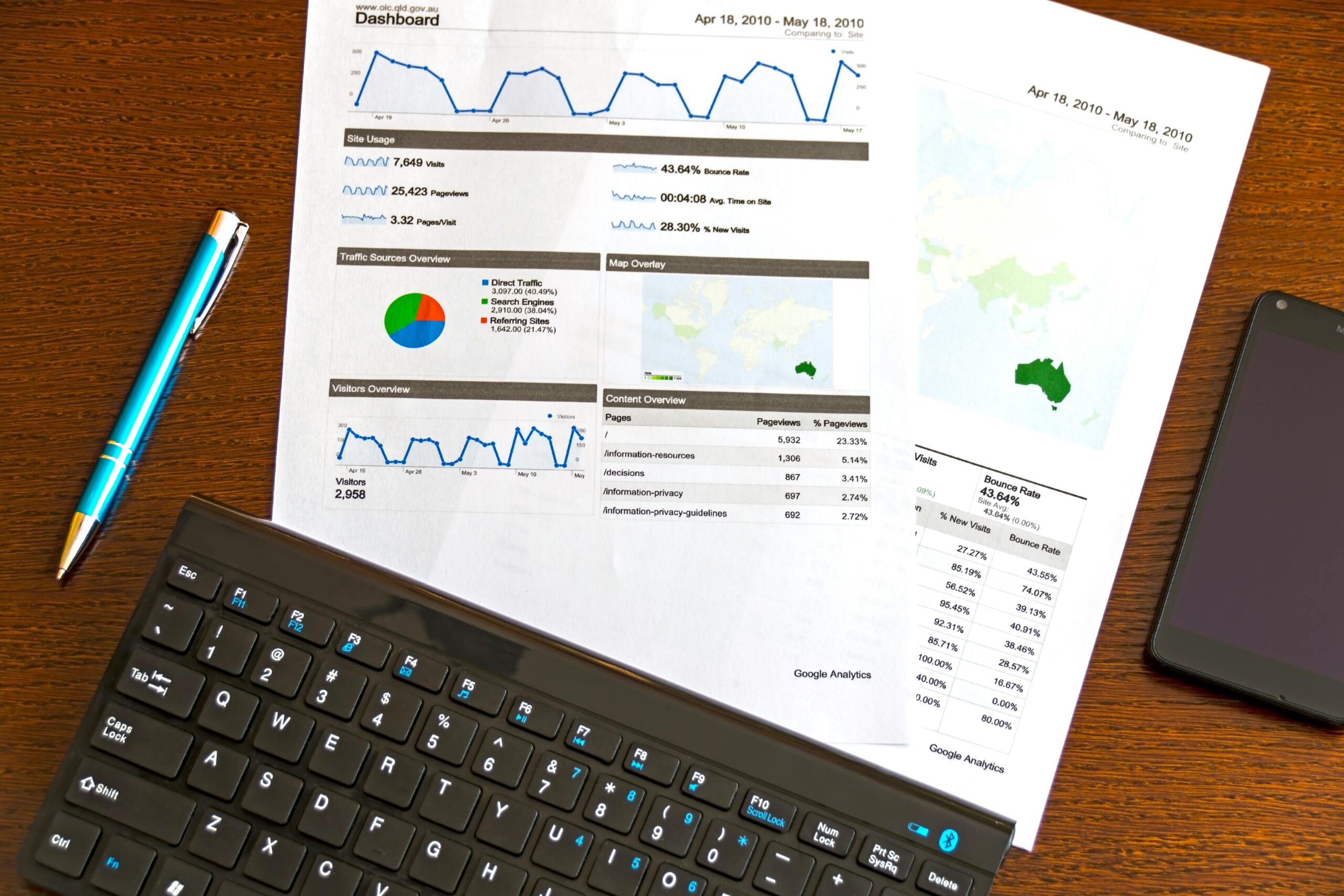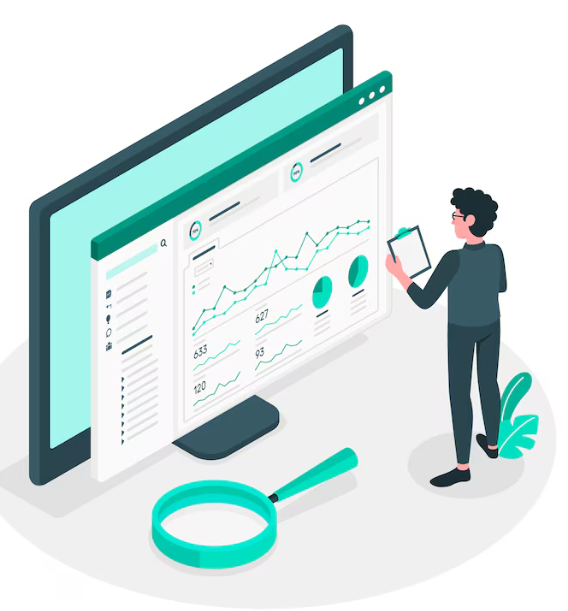5 Best Marketing Analytics Tools in 2025
Introduction to marketing analytics tools: Marketing analytics tools, also known as digital marketing analytics tools, are software that assist companies in tracking, optimizing, customizing, and analyzing the performance of their marketing campaigns. These tools streamline your entire digital marketing process. Likewise, these tools provide insights related to customer behavior, website traffic, and campaign performance to






